
Palestinian refugees, Khawla Hammad and Amena Ashkar, shared their stories of expulsion to over 100 people Tuesday night in Northampton.
Hammad, 84, was exiled from Palestine in 1948 during the Palestinian Exodus. For the past 69 years, she has remained a stateless refugee in the camps of Lebanon. Over these years, she has lost three of her children and her father.
Ashkar, 23, was born as a Palestinian refugee. She is a great granddaughter of Nakba survivors and grew up in the refugee camps of Lebanon.
“Out of 11.5 million Palestinians, 7.2 million are refugees and one-third of the 7.2 million live in refugee camps,” Sherrill Hogen of Charlemont, Mass. said, a member of the Kairos/Franklin County Justice for Palestine.
Ashkar began the presentation with a short, graphic video about life in the refugee camps of Lebanon. The nameless children interviewed in the video said, “We have no place to play…People keep on fighting…The camp doesn’t make people happy…I want to return to Palestine.”
The Palestinian Exodus was instigated after the religious group called Zionists claimed that Palestine was a land without people, therefore, encouraging Israelis to occupy Palestine. This ultimately led to the 1947-1948 Civil War of Palestine, sparking conflict from four surrounding Arab states, beginning the Arab-Israeli War. The end result was more land taken over by Israel, and 700,000 Palestinians were banished or forced to flee their country.
The Zionists “followed” the Palestinians in Lebanon, Ashkar said.
“I would hear bombs fly over my village during the middle of the night,” Hammad recalled. “It was complete misery. We had nothing. At points, we’d start looking for anything that was edible, even grass to feed our children.”
In Lebanon, Palestinian refugees have no civil rights, no right to work, no right to own property, limited health care access and only a guarantee of education until high school, according to Ashkar.
“People aren’t aware of this issue,” said Ellen Graves, 76, a Nakba Tour organizer. “I just want people to hear their story and be more informed.”
Douglas Wight of Greenfield, President of the National Alliance of Concerned Americans, said, “I am a believer we should focus on solving the problems where they exist rather than bring more problems to America.”
“But, we should do everything we can to give them the daily necessities,” Wight added.
“Stateless people is a title that shouldn’t belong to anyone,” Will Sennott said, a junior history major at the University of Massachusetts.
Muhammad Faraz, a graduate student majoring in political science at UMass, said the solution is to “compel Israel to bring them back to their country.”
“We don’t want to be Lebanese citizens. We just want to go home,” Ashkar said.
Saárah Murphy can be reached at [email protected].


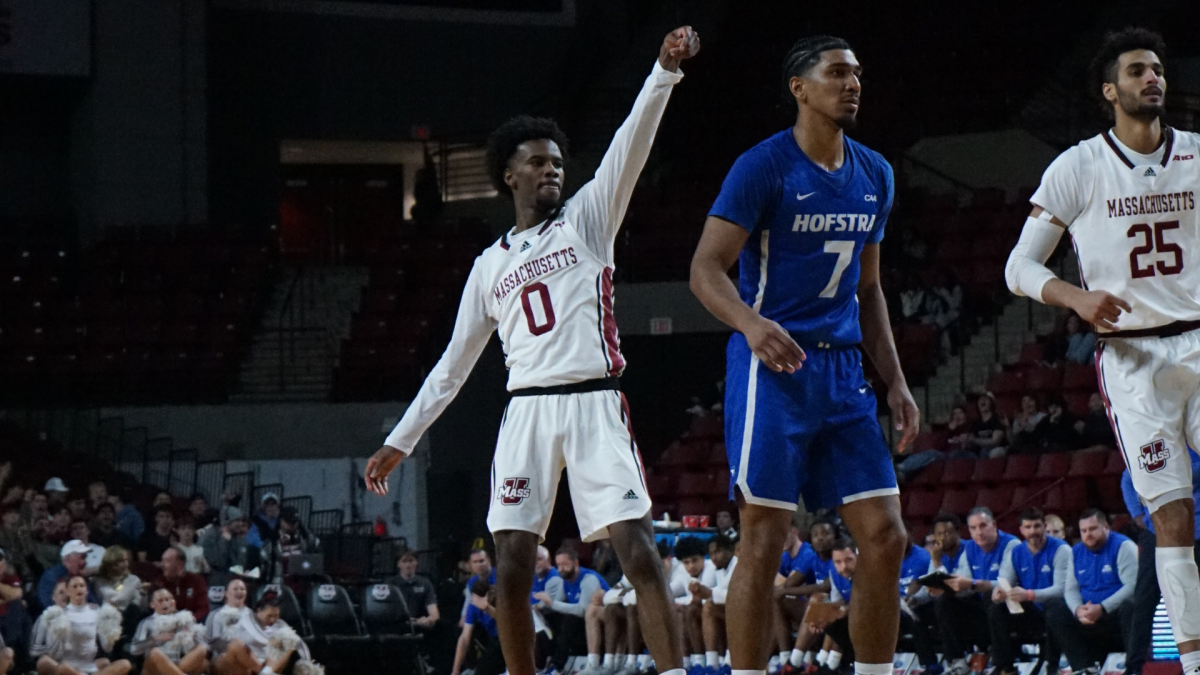
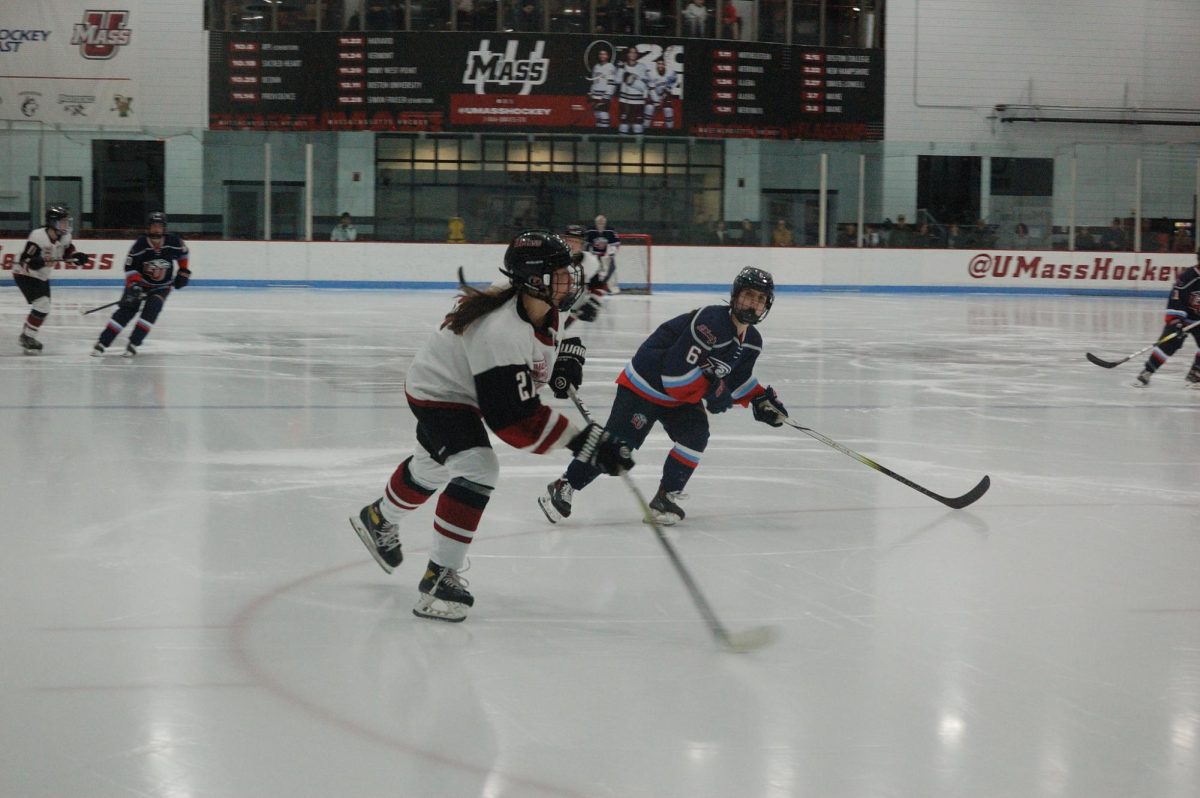
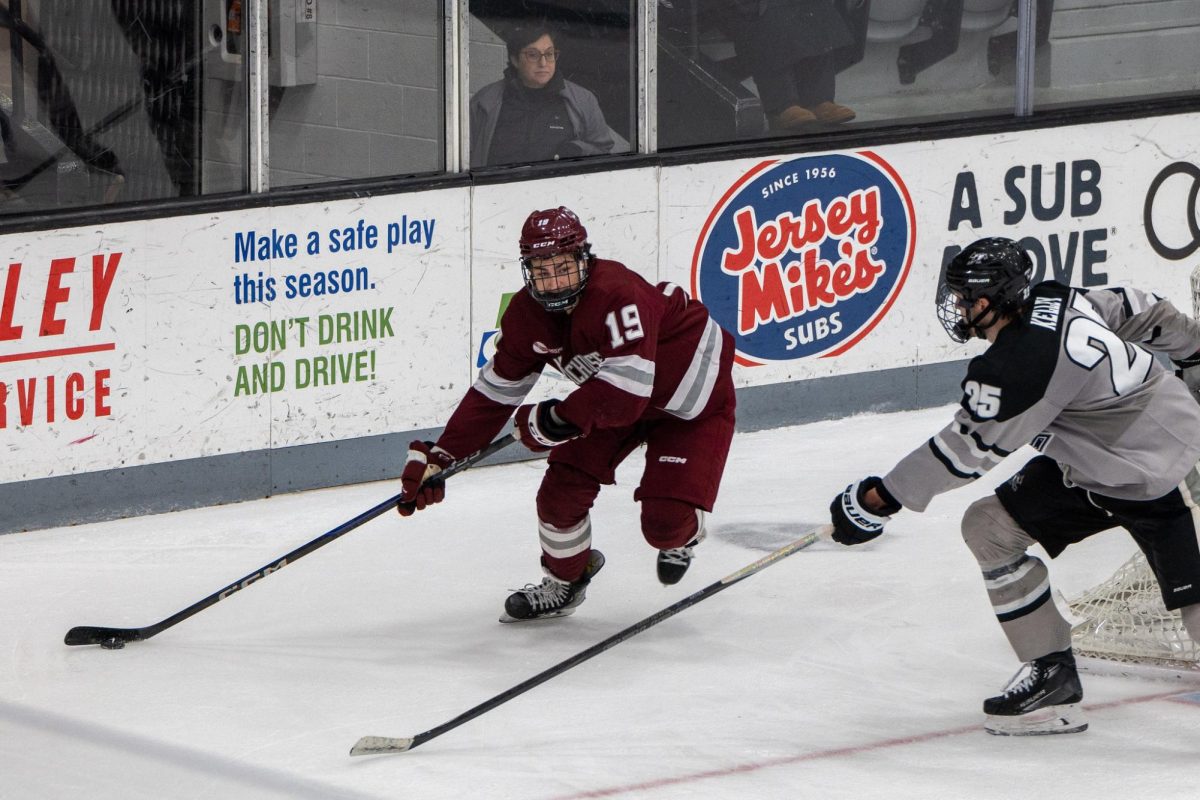

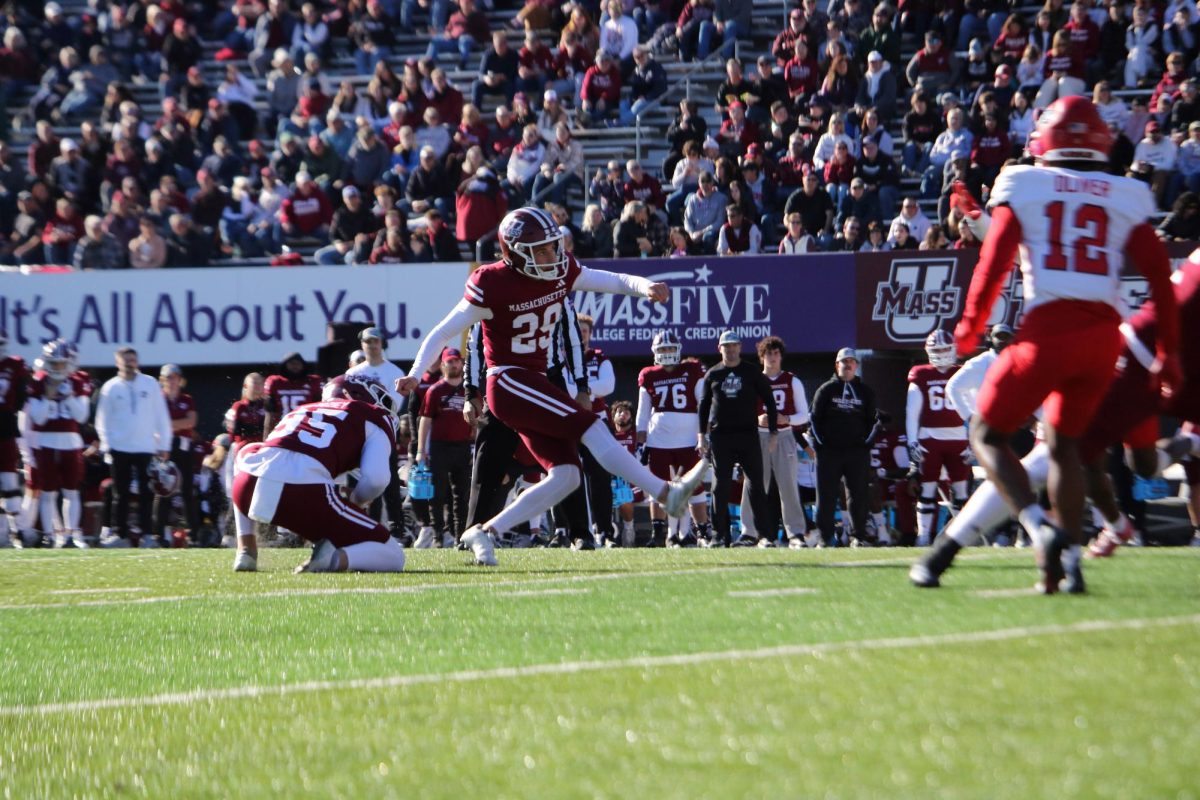






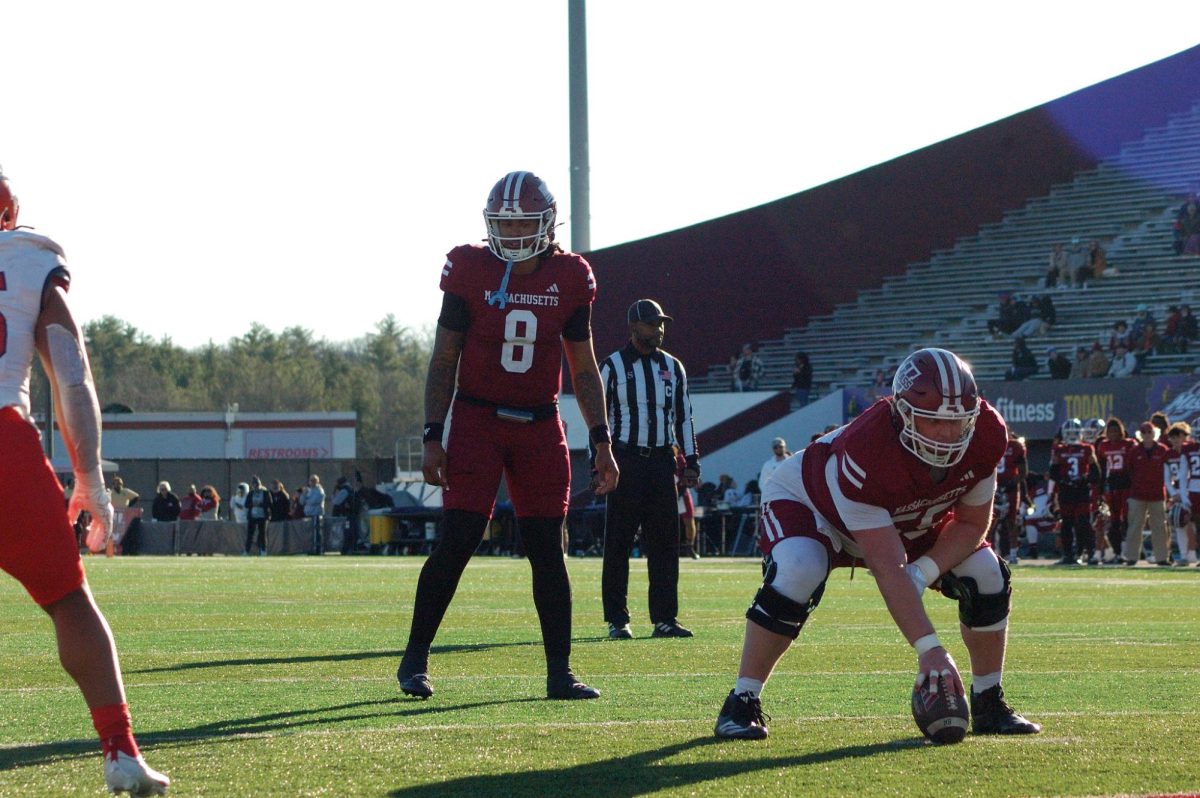
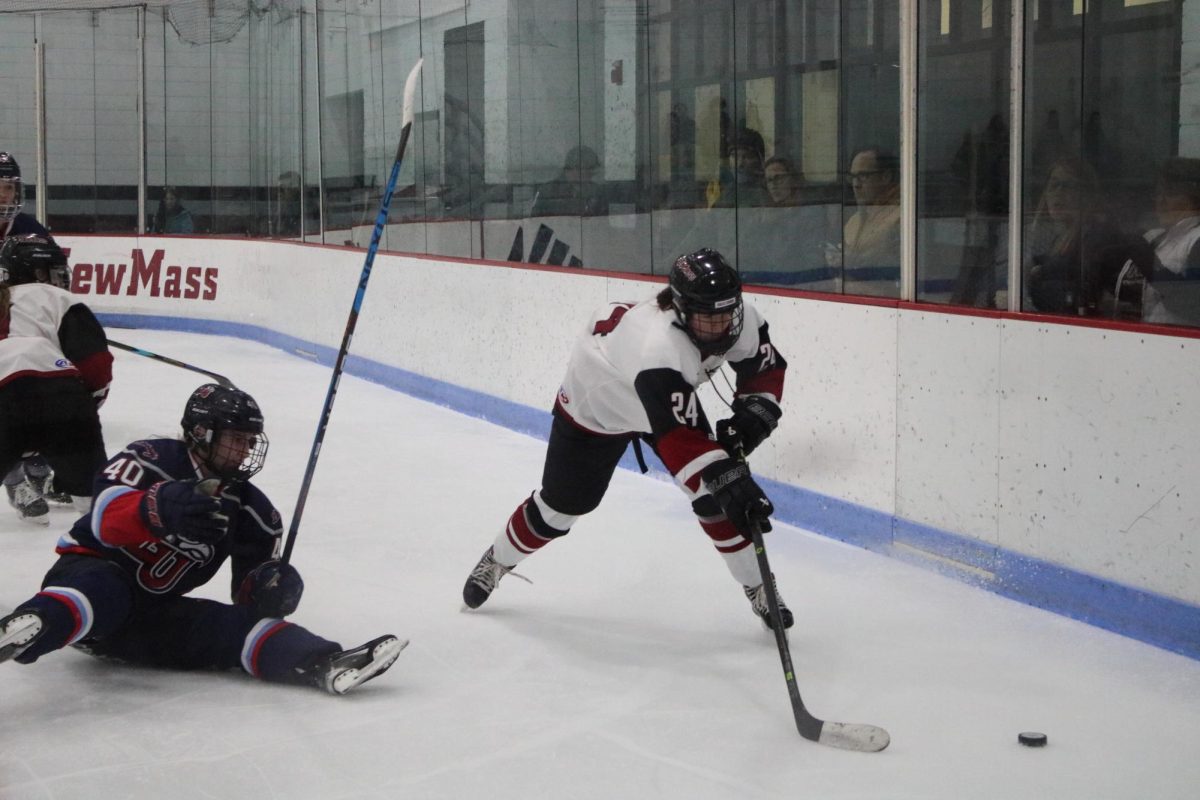
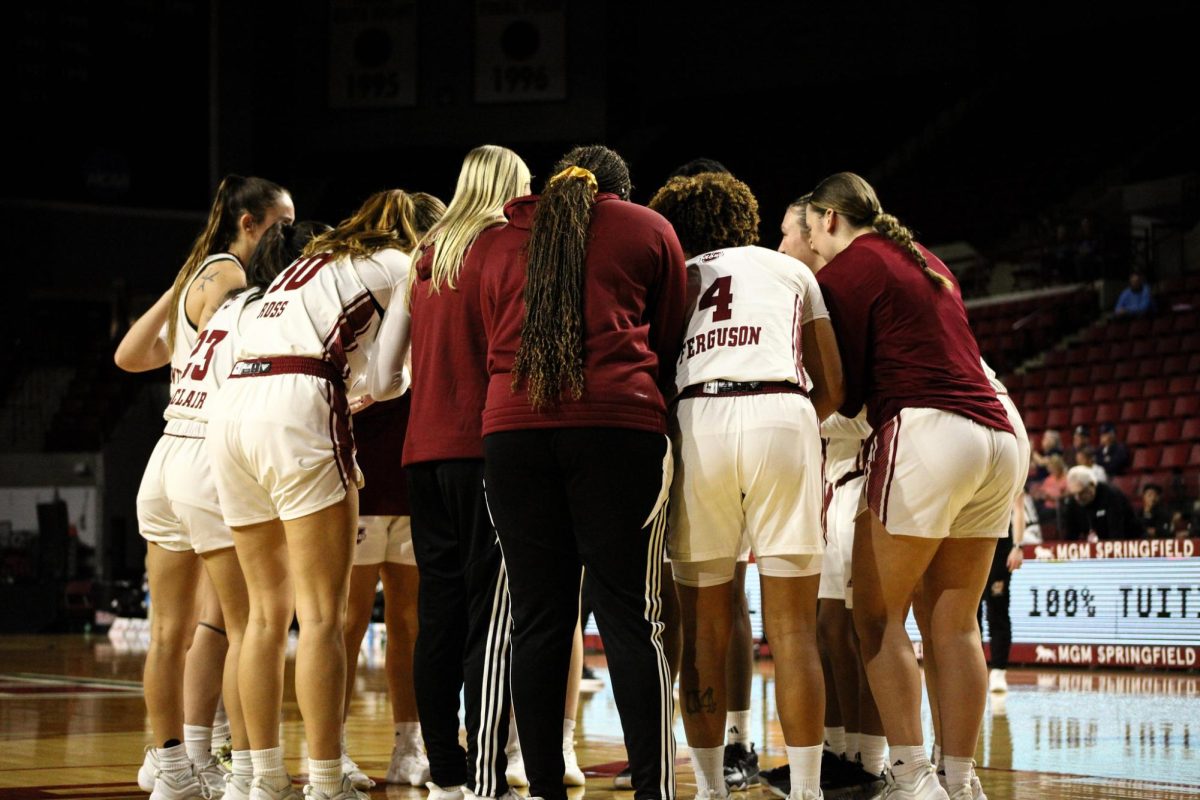
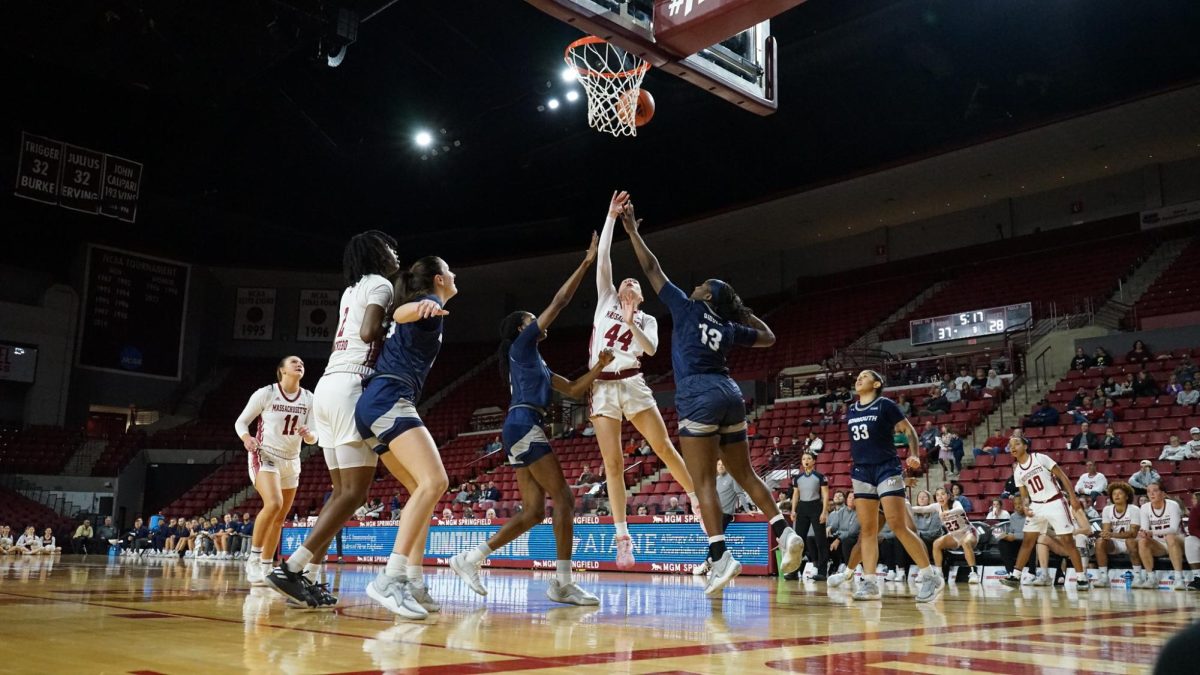


Ellen • Oct 13, 2017 at 2:31 pm
We should protest Lebanon to provide the option for people in refugee camps to get full citizenship rights.
Nitzakhon • Sep 21, 2017 at 8:13 am
Well, perhaps if you give up your Koran-driven quest to annihilate Jews, they might be willing to live side-by-side.
But you have had numerous chances to have your own state. Israel left Gaza in 2005; how did you respond to having your own place? Launching rockets and mortars into Israel, digging terror tunnels, and having kindergarten graduations showing kids kidnapping Israelis.
Don’t forget that in 2008 you were offered Gaza, the West Bank, and provisions for a corridor connecting the two. And you said no. Because, ultimately, this is not a land war, this is a religious war: and the Koran dictates that no land ever held by Islam can be allowed to stay in the hands of the kaffirs, especially Jews who – per Mohammed himself – are the most hated of all.
https://www.youtube.com/watch?v=O7ByJb7QQ9U